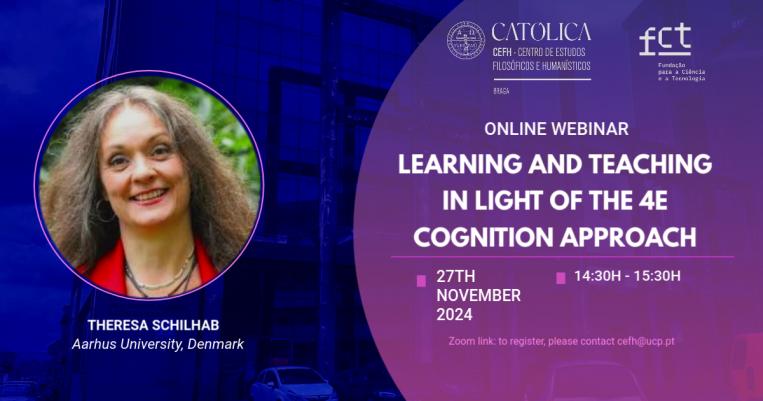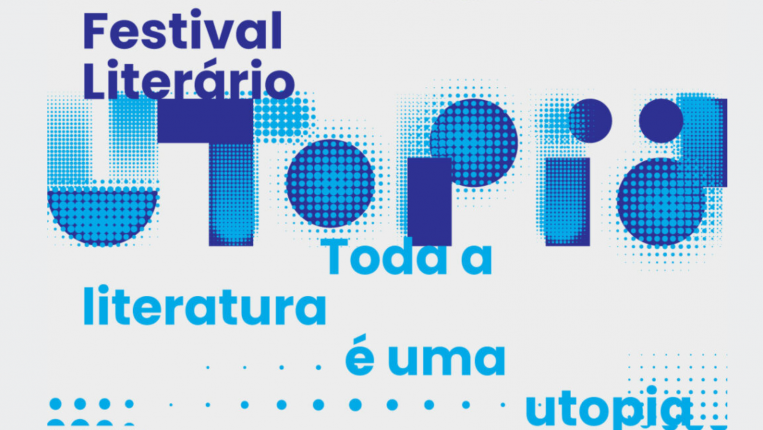
Short Biography
Theresa Schilhab holds a senior doctorate degree (Dr. pæd.) in educational neuroscience from University of Aarhus and a Ph.D. in the philosophy of the biological sciences from the Niels Bohr Institute, Copenhagen, Denmark. She holds an MS in neurobiology and an MA in philosophy. Schilhab is Associate Professor in evolutionary epistemology at Didactics (material culture) and the Centre of Future Technology, Culture and Learning, University of Aarhus, Denmark.
TS's research includes studies on the effect of direct experiences on conceptualization and ’linguification’ processes in a neurobiological perspective, perceptual advantages of nature-based (i.e. printed books) learning on meaning attribution and memory formation compared to tablet use and specifically the impact of the environment and bodily experiences on human learning - e.g. relation between experiences in natural environments and science didactics.
TS is currently managing the project Natural Technology (2018-2022) supported by the Nordea-Foundation on the use of mobile technology by children in natural environments. TS is also grant holder of EmLearning- Nordic network of embodied learning funded by NOS-HS. She was Research manager for the Working group Ergonomics in the COST (European Cooperation in Science and Technology) Action IS1404 E-READ: Evolution of Reading in the Age of Digitization (2014-2019).
TS bridges neurobiology, i.e. embodied cognition and philosophy of mind (as well as philosophy of science) with an eye to comparative psychology. Recent longer inernational works include Derived embodiment in abstract language published at Springer Verlag from 2017, Materiality of Reading published in 2020 at Aarhus Universitetsforlag co-edited with professor Sue F. Walker, Picturing fiction through embodied cognition: Drawn representations and viewpoint in literary texts (2022) with co-authors Bien Klomberg, and Michael Burke at Taylor & Francis, and T. Schilhab & C. Groth (2024). Embodied Learning and Teaching Using the 4E Cognition Approach: Exploring Perspectives in Teaching Practices, Taylor & Francis.
Recent articles of relevance to the lecture:
Hillesund, T., Schilhab, T., & Mangen, A. (2022). Text materialities, affordances, and the embodied turn in the study of reading. Frontiers in Psychology, 13, 827058.
Schilhab, T. (2021, December). Nature experiences in science education in school: Review featuring learning gains, investments, and costs in view of embodied cognition. In Frontiers in Education (Vol. 6, p. 739408). Frontiers Media SA.
Schilhab, T., & Esbensen, G. L. (2019). “Socio-cultural influences on situated cognition in nature.” Frontiers in psychology, 10, 980.
Schilhab, T. (2018). “Neural bottom-up and top-down processes in learning and teaching.“ Postmodernism Problems, 8(2), 228-245.
Schilhab, T., Balling, G. & Kuzmičová, A. (2018). ”Decreasing materiality in print to screen reading.” First Monday, 23(10), 1-12.
Schilhab, T., Stevenson, M. P. & Bentsen, P. (2018). ”Contrasting screen-time and green-time: A case for using smart technology and nature to optimize learning processes.” Frontiers in psychology, 9, 773.
Schilhab, T. (2017). “Adaptive smart technology use: the need for meta-self-regulation.” Frontiers in Psychology, 8. DOI: 10.3389/fpsyg.2017.00298
Burke, M., Kuzmicova, A., Mangen, A., & Schilhab, T. (2016). ”Empathy at the confluence of neuroscience and literary empirical studies.” Scientific Study of Literature, 6(1), 6-41. DOI: 10.1075/ssol.6.1.03bur
Schilhab, T. (2015). “Re-live and learn–Interlocutor-induced elicitation of phenomenal experiences in learning offline.” Progress in biophysics and molecular biology, 119(3), 649-660.
Schilhab, T. (2015). “Doubletalk–the biological and social acquisition of language.” Biologically Inspired Cognitive Architectures, 13, 1-8.
Schilhab, T. (2015). “Words as cultivators of others minds.” Frontiers in Psychology, 6. DOI: 10.3389/fpsyg.2015.01690



